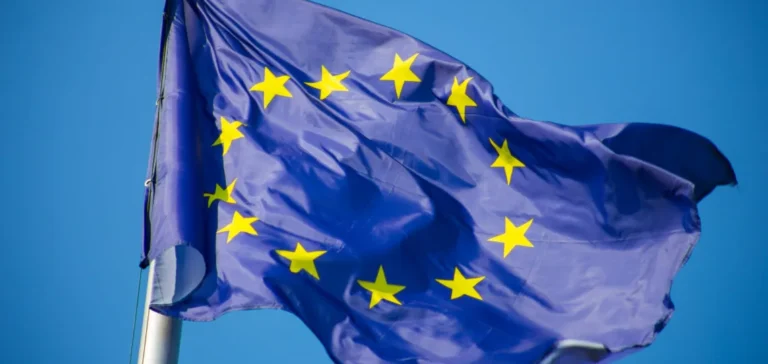The European Commission announced on Tuesday the establishment of the Critical Chemical Alliance, a strategic initiative aimed at securing supply chains for chemicals considered critical to European industry. This alliance will involve close cooperation between European institutions, national governments, and leading industrial players in the chemical sector. The primary goal is to reduce dependencies on imports of raw materials and essential substances, in response to increased competition from the United States and China. This announcement comes amid repeated disruptions to global supply chains, exposing European industries to economic vulnerabilities.
Securing critical substances
The European chemical sector, valued at nearly €500 billion in annual revenue, employs approximately 1.2 million people within the European Union (EU). However, this industry is facing significant challenges, notably due to rising energy costs and intensified competition from North American and Asian companies. Among the critical substances targeted by the alliance are products used in the automotive, energy, electronics, and pharmaceutical sectors. The European Commission thus identifies specific substances whose supply must be secured to prevent potential disruptions harmful to the European economy.
Adapting the regulatory framework
To strengthen European industrial capacities, the Commission also plans to simplify the rules governing access to state aid for the chemical sector. These measures aim to stimulate industrial investment in Europe, facilitating local production of substances currently imported at more competitive costs from Asia or the United States. This regulatory simplification is designed to enable European companies to better compete internationally, notably by benefiting from streamlined administrative procedures. The adaptation of this regulatory framework should also help strengthen European industrial sovereignty in a tense global economic environment.
Europe’s response to the American Inflation Reduction Act
European competitiveness has been particularly affected by the Inflation Reduction Act (IRA), adopted by the United States in 2022, which provides significant subsidies to American companies investing in sustainable chemistry. These subsidies create a competitive imbalance to the detriment of European industrial players, who face higher production costs. In response to this American policy, the European Union aims, through the Critical Chemical Alliance, to coordinate member states’ actions to better structure investment efforts in chemical production. Thus, the initiative is positioned as a strategic lever to strengthen European autonomy in the chemical sector amid international competition.
This alliance therefore represents a key step in Europe’s strategy to secure its critical industrial supplies in the long term.






















